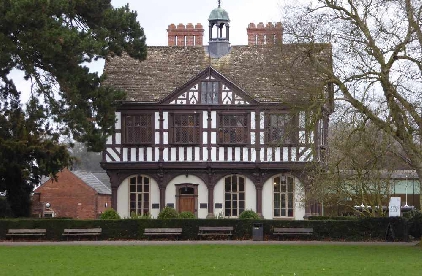
Leominster residents are being kept in the dark by their own town council over the future of one of the county’s historic buildings.
Town councillors were given a private presentation by Leominster Area Regeneration Company Development Trust who owns the 17th century Grange Court yesterday and later held secret discussions about it at the full council meeting at Corn Square.
Herefordshire Council sold the grade II* building, which was built by John Abel ‘the King’s Carpenter’ in 1633, to LARC for the sum £1 in 2013.
The registered charity’s website says it has raised more than £3m to ensure that the former market hall is owned and controlled by the people of Leominster.
But members of the public and press were excluded from the council meeting despite the agenda papers saying councillors were going to ‘consider a way forward following the presentation at 6pm’.
When challenged as to why the discussions were to be held behind closed doors, town clerk Paul Russell gave differing reasons.
“It’s confidential because we haven’t got anything to make a decision on,” he said.
“We have only received that information this evening, so the council are now going to discuss something to see whether they wish to move forward.
“It is exempt information because the councillors need to discuss it fully in freedom before they make a resolution.
“There is no report for the councillors to refer to on the agenda to make an informed decision because we didn’t get the information until tonight.
“So what the confidential discussion would be is to see whether the town council is going to support, or otherwise, the request that they have received this evening from LARC.
“And they cannot make a decision, especially a financial decision, without it being on the agenda.
“And they certainly cannot make a decision on a public works loan unless it is on the agenda.
“So this discussion is confidential to allow the town council whether they are going to take this project forward or not.
“If they don’t take it forward, that’s the public interest sorted because they wouldn’t be doing anything.”
When it was pointed out that there is a legal difference between confidential information and exempt information considered by councils and that reasons should be given as to why the public is being excluded, Mr Russell said: “No, that’s absolute rubbish.”
“Subject to contract then, try subject to contract, alright?” he added.
“Have a look and see whether subject to contract. The council would have to enter a subject to contract.
“And in order to discuss a subject to contract they are allowed to discuss it in confidence.”
Legislation regarding the exclusion of press and public from council meetings was updated in 2006.
Schedule 12A of the Local Government Act 1972 was amended and the starting position for councils should always be in favour of disclosure of as much information as possible about the decisions the council takes, and only in limited circumstances should information be withheld, where there is a justification, in law, for doing so.
The public interest test in Section 2 of the Freedom of Information Act provides that councils must release information unless, ‘in all the circumstances of the case, the public interest in maintaining the exemption outweighs the public interest in disclosing the information’.
This requires the council to make a judgement about the public interest.
Where the balance between disclosure and withholding the information is seen as equal, the information must be released.


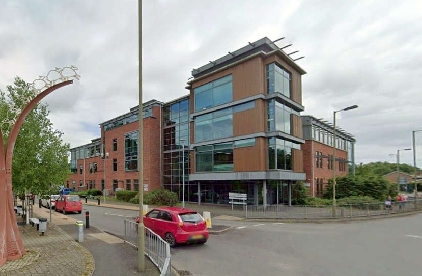 Social landlord plans staff cuts
Social landlord plans staff cuts
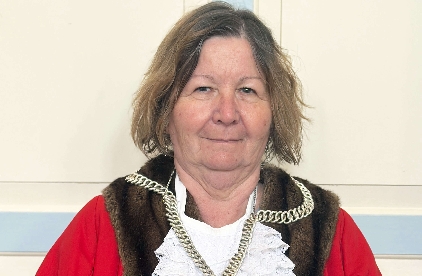 Town council hopes to ‘draw line in the sand’ over collapsed 13th century wall
Town council hopes to ‘draw line in the sand’ over collapsed 13th century wall
 Reform candidate responds to Green party challenge over business connections
Reform candidate responds to Green party challenge over business connections
 Estate plans place for nervous dogs to go for a walk
Estate plans place for nervous dogs to go for a walk
 More than 99% of children in Shropshire offered place at preferred primary school
More than 99% of children in Shropshire offered place at preferred primary school
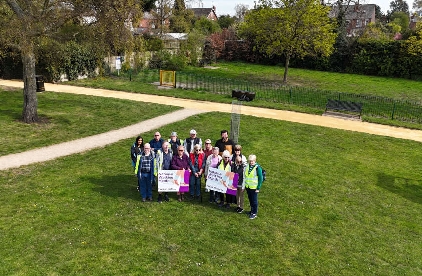 Get ready to walk this May and enjoy the 'Walk This May Challenge'
Get ready to walk this May and enjoy the 'Walk This May Challenge'
 New EV charging points planned for Hereford, Leominster and Kington
New EV charging points planned for Hereford, Leominster and Kington
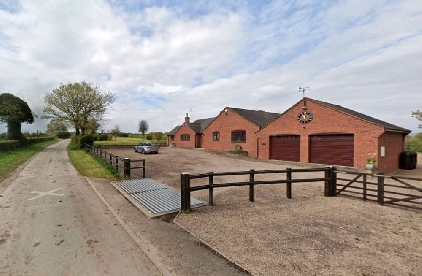 Non-farmers win fight to remove rule from house
Non-farmers win fight to remove rule from house
